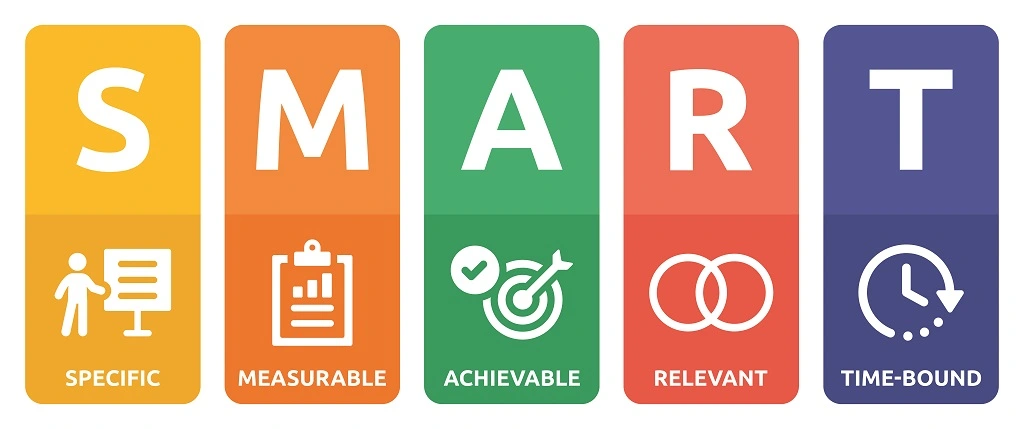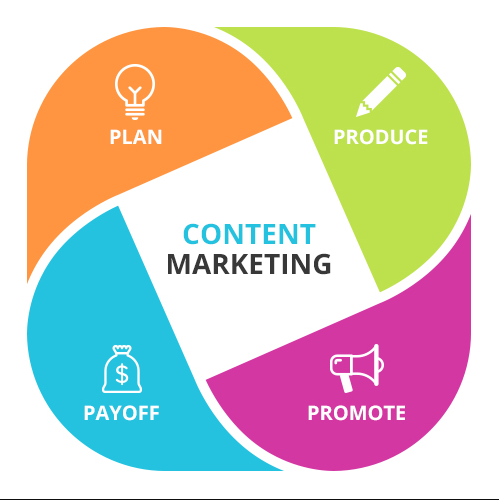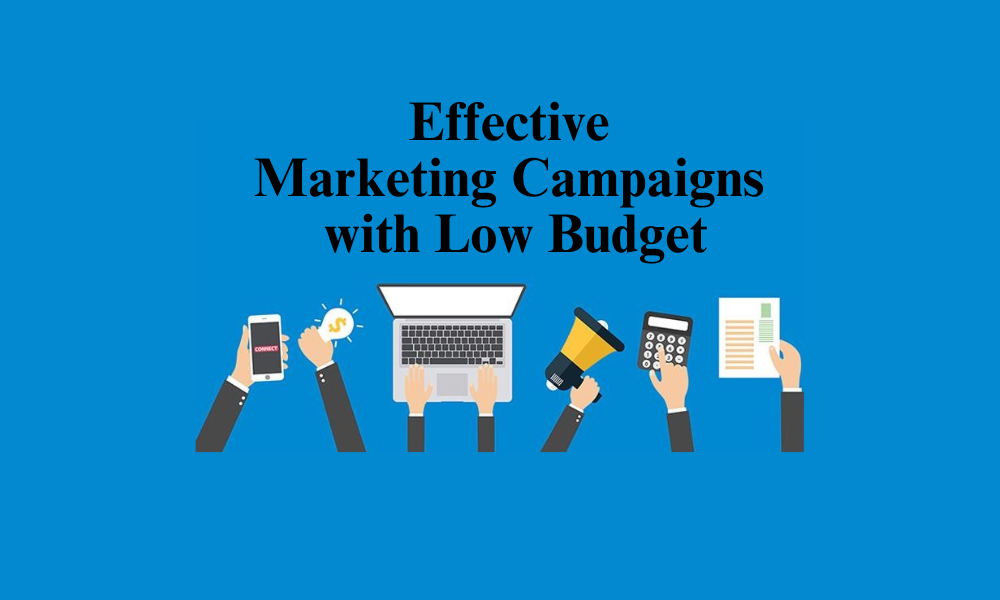In today’s competitive market, creating effective marketing campaigns is essential for any business. However, one of the biggest challenges many small businesses face is doing so with limited budgets. How can you make the most of what you have? Let’s dive into some strategies.
Table of contents

Understanding Your Audience
First and foremost, you need to know who you are marketing to. Defining your target audience involves understanding their demographics, preferences, and behavior. By doing this, you can tailor your campaigns to meet their needs more effectively.

Understanding how your customers behave is crucial. Analyze data from your website, social media, and sales to identify patterns and preferences. This information helps in creating more personalized and engaging marketing messages.
Setting Clear Objectives
Setting Specific, Measurable, Achievable, Relevant, and Time-bound (SMART) goals can guide your marketing efforts. Whether you want to increase brand awareness, generate leads, or boost sales, having clear objectives is vital.

Ensure that your marketing objectives align with your overall business goals. This alignment ensures that every marketing dollar spent contributes to your broader business strategy.
Utilizing Digital Marketing Tools
Social media platforms like Facebook, Instagram, and LinkedIn offer cost-effective ways to reach your audience. Utilize organic strategies such as regular posting, engaging content, and interacting with followers to build a strong online presence.
Email marketing is another powerful tool. By building a strong email list, you can send personalized messages directly to your audience. Use email campaigns to promote products, share news, and keep your audience engaged.
Cost-Effective Audience Reach: Social media platforms like Facebook, Instagram, and LinkedIn provide cost-effective ways to reach your target audience. Leveraging these platforms can help maximize your marketing budget.
Organic Strategies: Employ organic strategies such as regular posting, creating engaging content, and interacting with followers to build a strong online presence. This helps in fostering community and brand loyalty without heavy spending on ads.
Email Marketing Power: Building a robust email list allows you to send personalized messages directly to your audience. Email campaigns can effectively promote products, share news, and keep your audience engaged and informed.
Direct Audience Engagement: Social media and email marketing enable direct interaction with your audience. Responding to comments, messages, and feedback helps in understanding customer needs and building trust.
Content Marketing Strategies
Blogging is an excellent way to provide value to your audience while boosting your SEO. Write articles that address your audience’s pain points, provide solutions, and establish your brand as an industry expert. Video content is highly engaging and can be created on a budget. Use videos to showcase your products, share customer testimonials, or provide tutorials.

Email Marketing Campaigns
Start by building a robust email list. Offer incentives like discounts or free resources in exchange for email sign-ups. This list will be invaluable for your marketing efforts.
When crafting emails, ensure they are engaging and valuable. Personalize the content, use catchy subject lines, and include clear calls-to-action to encourage recipients to take the next step.
SEO Optimization
Keyword research is the backbone of any SEO strategy. Identify relevant keywords that your audience is searching for and incorporate them into your website content, blog posts, and metadata. Optimize your website’s on-page elements like titles, headings, and images. Additionally, focus on off-page SEO strategies such as building backlinks from reputable websites to improve your site’s authority.
| Aspect of SEO Optimization | Explanation |
| Keyword Research | Keyword research is the backbone of any SEO strategy. Identify relevant keywords that your audience is searching for and incorporate them into your website content, blog posts, and metadata. |
| On-Page SEO | Optimize your website’s on-page elements such as titles, headings, meta descriptions, and images. Use target keywords naturally within these elements to enhance relevance. |
| Content Quality | Create high-quality, informative, and engaging content that addresses the needs and interests of your target audience. |
| Technical SEO | Ensure your website is technically sound with fast load times, mobile responsiveness, secure HTTPS, and a clean URL structure. |
| Off-Page SEO | Focus on building backlinks from reputable websites to improve your site’s authority and trustworthiness. Engage in social media marketing, guest blogging, and influencer collaborations. |
Utilizing Analytics
Use analytics tools to track the performance of your marketing campaigns. Monitor metrics like website traffic, conversion rates, and engagement levels to gauge effectiveness. Regularly analyze your data to identify what’s working and what’s not. Use these insights to adjust your strategies and optimize future campaigns for better results.
Budget-Friendly Advertising Options
Pay-per-click (PPC) advertising allows you to only pay when someone clicks on your ad. Platforms like Google Ads and Bing Ads offer customizable budgets, making it easier to control costs. Retargeting ads help you reach users who have already visited your website. These ads remind potential customers of your products and encourage them to return and complete a purchase.
Conclusion
Creating effective marketing campaigns with limited budgets is undoubtedly challenging, but it’s far from impossible. By understanding your audience, setting clear objectives, leveraging digital marketing tools, and continually analyzing your performance, you can achieve significant results without breaking the bank. Start small, stay consistent, and watch your efforts pay off over time.
Read more : The Importance of User Experience in Digital Marketing
FAQs
Analyze your overall business budget, set clear marketing objectives, and allocate funds based on priority and potential return on investment.
Tools like Google Analytics, Canva, Mailchimp (free version), and Hootsuite offer free options for analytics, design, email marketing, and social media management.
Use metrics such as website traffic, conversion rates, engagement levels, and ROI to gauge the effectiveness of your campaigns.
Post regularly, use interactive content like polls and questions, respond to comments, and create a community by encouraging discussions.

Alex Mitch
Welcome to my blog! With over 10 years in digital marketing , I’ve seen its incredible impact on smaller businesses. Join me as we explore how digital marketing can grow your audience and boost your business. Whether you’re an experienced entrepreneur or just starting out, you’ll find practical tips and insights to enhance your digital marketing strategies.





